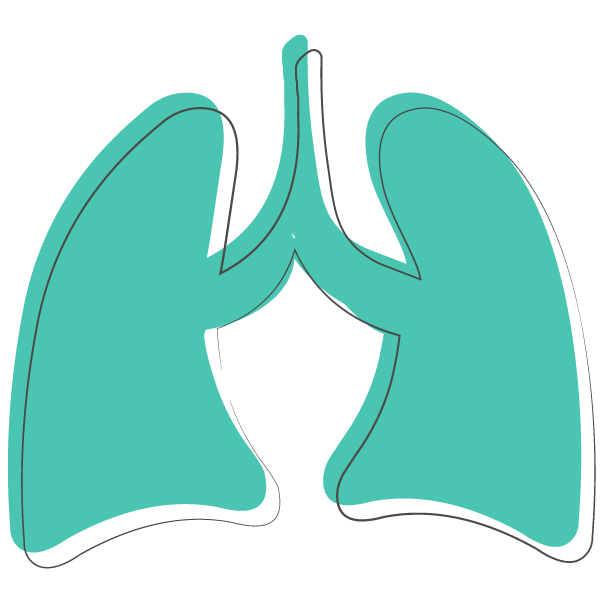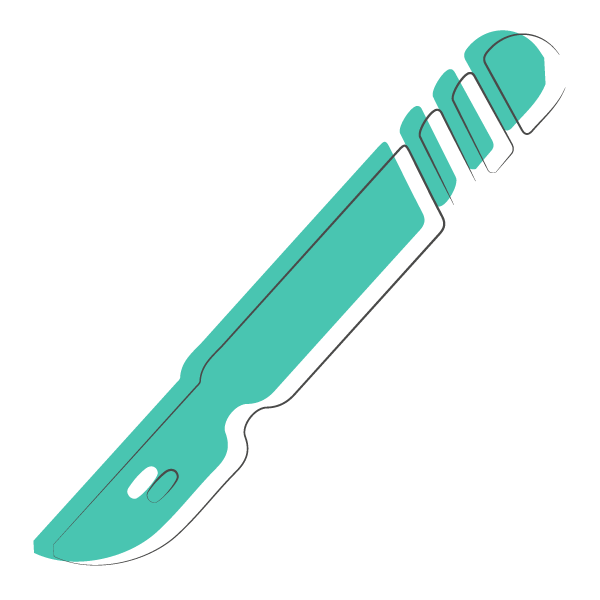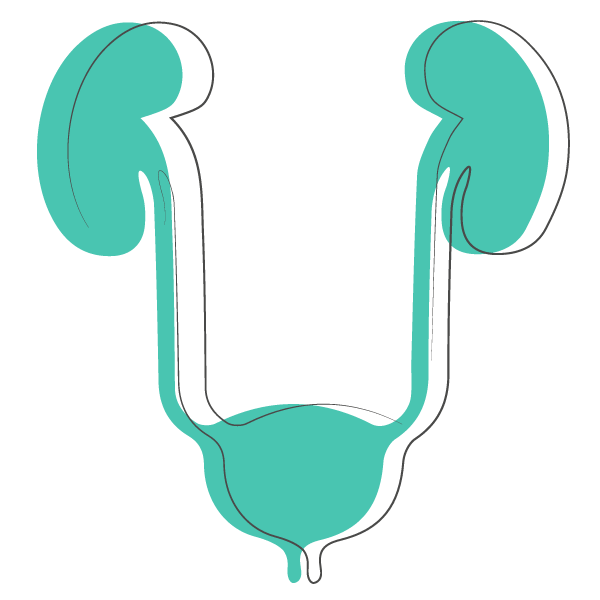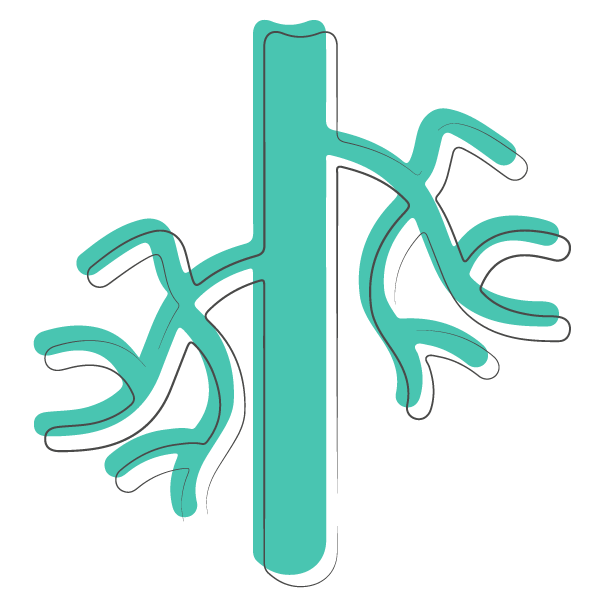Surgical Specialties
There are ten recognised surgical specialties, all of which will provide you with different challenges and rewards throughout your career.
We provide information on these as well as academic surgery, covering the type of work involved, working conditions (on call; emergency work; clinics; administration etc.), working options, sub-specialisation and how competitive each specialty is.
Cardiothoracic Surgery
 This deals with illnesses of the heart, lungs, oesophagus and chest. These include: cardiac surgery (heart and great vessels), thoracic surgery (organs within the thorax, excluding the heart), transplantation and heart failure surgery, oesophageal surgery and congenital surgery in adults and children. Procedures tend to be major and often complex.
This deals with illnesses of the heart, lungs, oesophagus and chest. These include: cardiac surgery (heart and great vessels), thoracic surgery (organs within the thorax, excluding the heart), transplantation and heart failure surgery, oesophageal surgery and congenital surgery in adults and children. Procedures tend to be major and often complex.Working conditions
Competition
Find out more about cardiothoracic surgery.
General Surgery
 A large specialty containing many sub-specialties including: breast, colorectal, endocrine, upper and lower gastrointestinal (GI), transplant (of kidney, liver, pancreas) and vascular. Laparoscopic surgery may also be practised as a sub-specialty and is used across all general surgery.
A large specialty containing many sub-specialties including: breast, colorectal, endocrine, upper and lower gastrointestinal (GI), transplant (of kidney, liver, pancreas) and vascular. Laparoscopic surgery may also be practised as a sub-specialty and is used across all general surgery. Working conditions
Competition
Find out more about general surgery.
Neurosurgery
 Involves the brain, central nervous system and spinal cord. It covers all aspects of brain surgery, from pre-operative imaging to removal of tumours. You may focus on: paediatric neurosurgery, neuro-oncology (treating cancer of the brain), functional neurosurgery (surgical management of a wide range of neurological problems, including intractable pain, epilepsy and movement disorders), traumatology, neurovascular surgery, skull-base surgery or spinal surgery.
Involves the brain, central nervous system and spinal cord. It covers all aspects of brain surgery, from pre-operative imaging to removal of tumours. You may focus on: paediatric neurosurgery, neuro-oncology (treating cancer of the brain), functional neurosurgery (surgical management of a wide range of neurological problems, including intractable pain, epilepsy and movement disorders), traumatology, neurovascular surgery, skull-base surgery or spinal surgery.Working conditions
Emergency work accounts for more than 50% of neurosurgical caseload, with much of this being trauma. On call work can be intensive with out-of hour’s emergency operating.
Most consultant neurosurgeons spend 4–5 sessions in the operating theatre per week. The remainder of their time is spent on pre- and post-operative ward care, outpatient clinics, teaching and other administrative duties. There are neurosurgery units in most major cities but you may be limited in where you work outside these.
Competition
Find out more about neurosurgery.
Oral and Maxillofacial Surgery
 Works on the facial bones, face and neck. Procedures range from minor surgery to complex major head and neck surgery. Uniquely, OMFS involves surgery on both hard and soft tissue. Specialist areas include: head and neck oncology, adult facial deformity, orthognathic surgery, cleft surgery and facial trauma management
Works on the facial bones, face and neck. Procedures range from minor surgery to complex major head and neck surgery. Uniquely, OMFS involves surgery on both hard and soft tissue. Specialist areas include: head and neck oncology, adult facial deformity, orthognathic surgery, cleft surgery and facial trauma managementWorking conditions
Competition
Find out more about oral and maxillofacial surgery.
Otolaryngology (ENT)
 Includes all aspects of the head and neck region, skull base and facial plastic surgery. Specialist areas include: paediatric ENT, head and neck, voice and complex airway, otology (ear) and rhinology (nose). ENT manages surgical and medical disorders and involves many paediatric cases.
Includes all aspects of the head and neck region, skull base and facial plastic surgery. Specialist areas include: paediatric ENT, head and neck, voice and complex airway, otology (ear) and rhinology (nose). ENT manages surgical and medical disorders and involves many paediatric cases.Working conditions
Competition
Find out more about ENT surgery.
Paediatric Surgery
 The surgical treatment of diseases, trauma and malformations of childhood years which encompasses foetal period to teenage years. Specialist areas include: neonatal surgery, urological surgery, hepatobiliary surgery, GI surgery and oncological surgery. Paediatric surgeons perform 11% of all operations on children. The remaining operations are performed mainly by surgeons from other specialties who have an interest in paediatric conditions.
The surgical treatment of diseases, trauma and malformations of childhood years which encompasses foetal period to teenage years. Specialist areas include: neonatal surgery, urological surgery, hepatobiliary surgery, GI surgery and oncological surgery. Paediatric surgeons perform 11% of all operations on children. The remaining operations are performed mainly by surgeons from other specialties who have an interest in paediatric conditions.Working conditions
Competition
Find out more about paediatric surgery.
Plastic Surgery
 Involves the restoration of normal form and function; 80% of all plastic surgery is reconstructive. Urgent and emergency work may include: hand trauma, burns and scalds, and soft tissue injuries involving face, trunk or limbs.
Involves the restoration of normal form and function; 80% of all plastic surgery is reconstructive. Urgent and emergency work may include: hand trauma, burns and scalds, and soft tissue injuries involving face, trunk or limbs.Working conditions
Competition
Find out more about plastic surgery.
Trauma and Orthopaedic Surgery
 Works on bones, joints and their associated soft tissues, including ligaments, nerves and muscles. Trauma work involves fractures and other injuries. Specialist areas include: lower limb joint reconstruction, hip or knee, ankle and foot, upper limb, spine, bone tumours, paediatric orthopaedics, rheumatoid surgery, and sports and exercise surgery.
Works on bones, joints and their associated soft tissues, including ligaments, nerves and muscles. Trauma work involves fractures and other injuries. Specialist areas include: lower limb joint reconstruction, hip or knee, ankle and foot, upper limb, spine, bone tumours, paediatric orthopaedics, rheumatoid surgery, and sports and exercise surgery.Working conditions
Competition
Find out more about trauma and orthopaedic surgery.
Urology
 Deals with the urogenital system: kidney, bladder and urinary problems, as well as men’s sexual and reproductive health. This includes diseases of the kidney, urinary tract stones, cancer (prostate, bladder, testicle and kidney), prostate, incontinence, erectile dysfunction, etc.
Deals with the urogenital system: kidney, bladder and urinary problems, as well as men’s sexual and reproductive health. This includes diseases of the kidney, urinary tract stones, cancer (prostate, bladder, testicle and kidney), prostate, incontinence, erectile dysfunction, etc.Working conditions
Competition
Find out more about urology.
Vascular Surgery
 Vascular surgeons deal with the veins and arteries. They are trained in the diagnosis and management of diseases affecting all parts of the vascular system. Common surgical procedures include carotid endarterectomy, angioplasty and lower limb bypass surgery.
Vascular surgeons deal with the veins and arteries. They are trained in the diagnosis and management of diseases affecting all parts of the vascular system. Common surgical procedures include carotid endarterectomy, angioplasty and lower limb bypass surgery.Working Conditions
Competition
Find out more about vascular surgery.
Academic Surgery
 Academic surgery involves some clinical work as well as some research or teaching in a higher education setting. To pursue this training pathway, you should be committed to both the clinical aspect of the job and the research.
Academic surgery involves some clinical work as well as some research or teaching in a higher education setting. To pursue this training pathway, you should be committed to both the clinical aspect of the job and the research. Entry requirements
Working conditions
Are you a medical student, foundation or core surgical trainee?
The benefits of becoming an affiliate:
|
|
|
RCS Affiliate membership will support you throughout your training. Access advice, resources and opportunities to help you stand out from the crowd in this important time in your career, from only £15 per year. Learn more
Contact the RCS careers team
Please email careers@rcseng.ac.uk for any queries related to careers in surgery and getting involved with our outreach activities.
Thank you for your query. We will endeavour to reply to you as soon as possible; usually this is within a few days.
Telephone
Telephone (0)20 7869 6212 to talk to a member of the team.
We are able to answer calls Monday to Friday, 9am - 5pm

